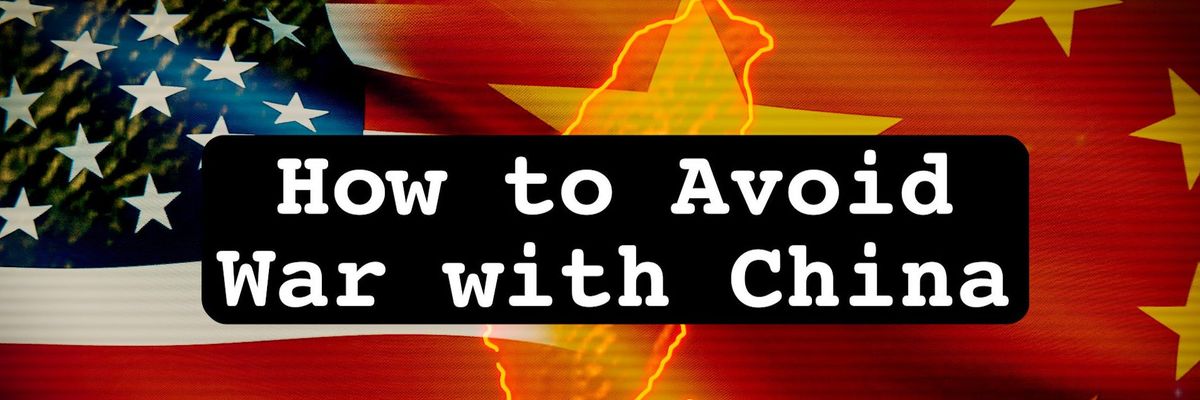Aug 02, 2023
Washington is increasingly abuzz with talk of “strategic clarity,” which is code for committing American troops to defend Taiwan, marking a major shift in policy that fundamentally goes against U.S. commitments about how it will respond to a Chinese attack on Taiwan.
But at what point does deterrence become a provocation?
Is a war with China as inevitable as many politicians seem to suggest? What if it isn’t?
There are steps the U.S. can take to avoid a disastrous war with China. Check out this video, produced by QI's Khody Akhavi, here:
















